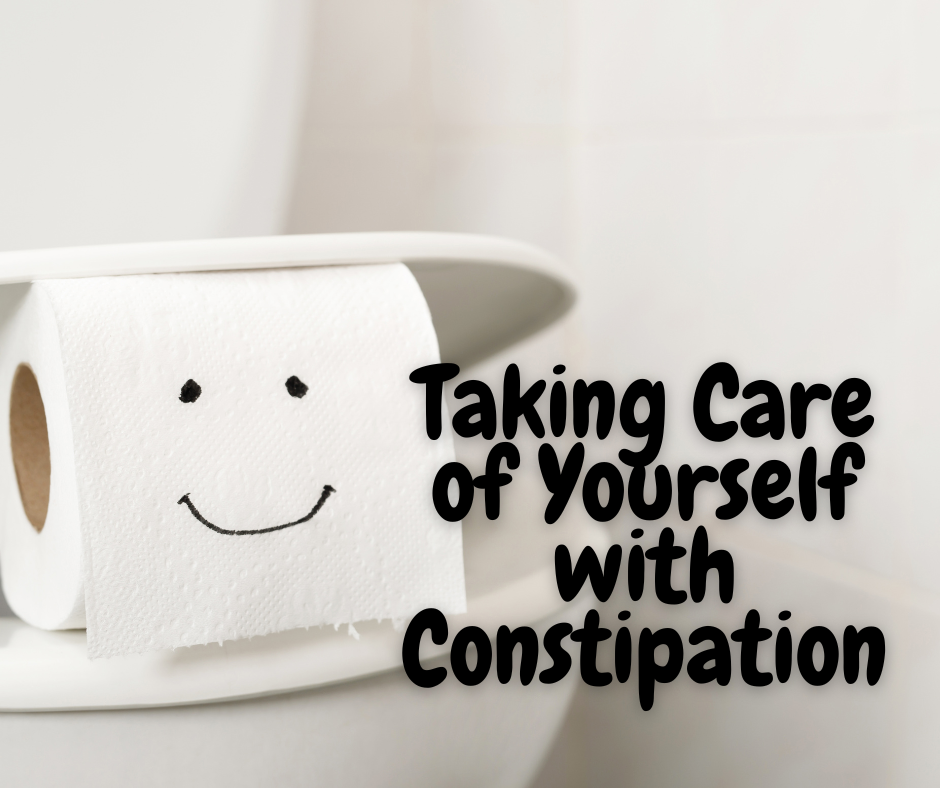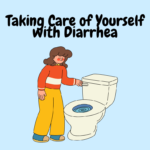

Constipation is a common digestive problem that occurs when you have infrequent bowel movements or stools that are compact, dry, and difficult to pass. If you’re experiencing this condition, here are some tips for relieving your symptoms:
1. Drink Plenty of Water
Dehydration can make constipation worse, so it’s important to drink plenty of water throughout the day. You’ll need that water to soften the stool enough for it to come out from your behind. Aim for at least 8 glasses of water per day, and think about drinking herbal teas or warm lemon water, which can help stimulate your digestive system and relieve passing of hard stool.
2. Increase Fiber Intake
Fiber is essential for ensuring your digestive system is functioning properly and preventing constipation. They cannot be digested in the body and instead help to prevent your stomach from digesting way too quickly, thereby regulating your blood sugar levels. Once the fiber has been used, they pass through your digestive tract and help to soften stool.
Try to include more fiber-rich foods in your diet, such as whole grains, fruits, vegetables, and legumes. You can also take a fiber supplement if needed.
3. Exercise Regularly
Physical activity can assist with stimulating your digestive system and relieve constipation. Aim for at least thirty minutes of moderate-intensity physical activity per day, such as brisk walking, jogging, cycling, or swimming. Make sure you replenish lost water and electrolytes when you exercise—your body will need that back to help get rid of your constipation!
4. Avoid Foods That Cause Constipation
Certain foods can make constipation worse, so it’s best to avoid them. These include foods high in fat and low in fiber, such as cheese, meat, and processed foods, as well as foods that can lead to dehydration, such as caffeine and alcohol.
5. Take Over-the-Counter Remedies
Several over-the-counter remedies can help relieve constipation, such as laxatives and stool softeners. These medications work by increasing the moisture and bulk of your stools, making them easier to pass.
6. Use Natural Remedies
Several natural remedies can help relieve constipation, such as prune juice, chia seeds, and psyllium husk. These remedies work by adding moisture and bulk to your stools, making them much quicker to pass.
7. Consider Probiotics
Probiotics are beneficial bacteria that can assist with improving your digestive health and relieve constipation by helping your body digest food more efficiently. Consider consuming probiotic supplements or eating probiotic-rich foods, such as yogurt or kefir, to help restore balance to your gut and relieve symptoms of constipation.
8. Consult a Doctor
If your constipation continues for more than a few weeks, or if you experience other symptoms, such as abdominal pain or bloating, it’s important to see a doctor. In some situations, constipation can be a symptom of a more noteworthy underlying condition, such as irritable bowel syndrome (IBS) or colon cancer.
Conclusion
In conclusion, constipation is a highly common digestive problem that can be relieved with proper care and lifestyle changes. Remember to drink plenty of water, increase fiber intake, exercise regularly, avoid foods that cause constipation, and consider over-the-counter remedies, natural remedies, and probiotics if needed. If your symptoms persist, don’t hesitate to consult a doctor for further evaluation and treatment.

